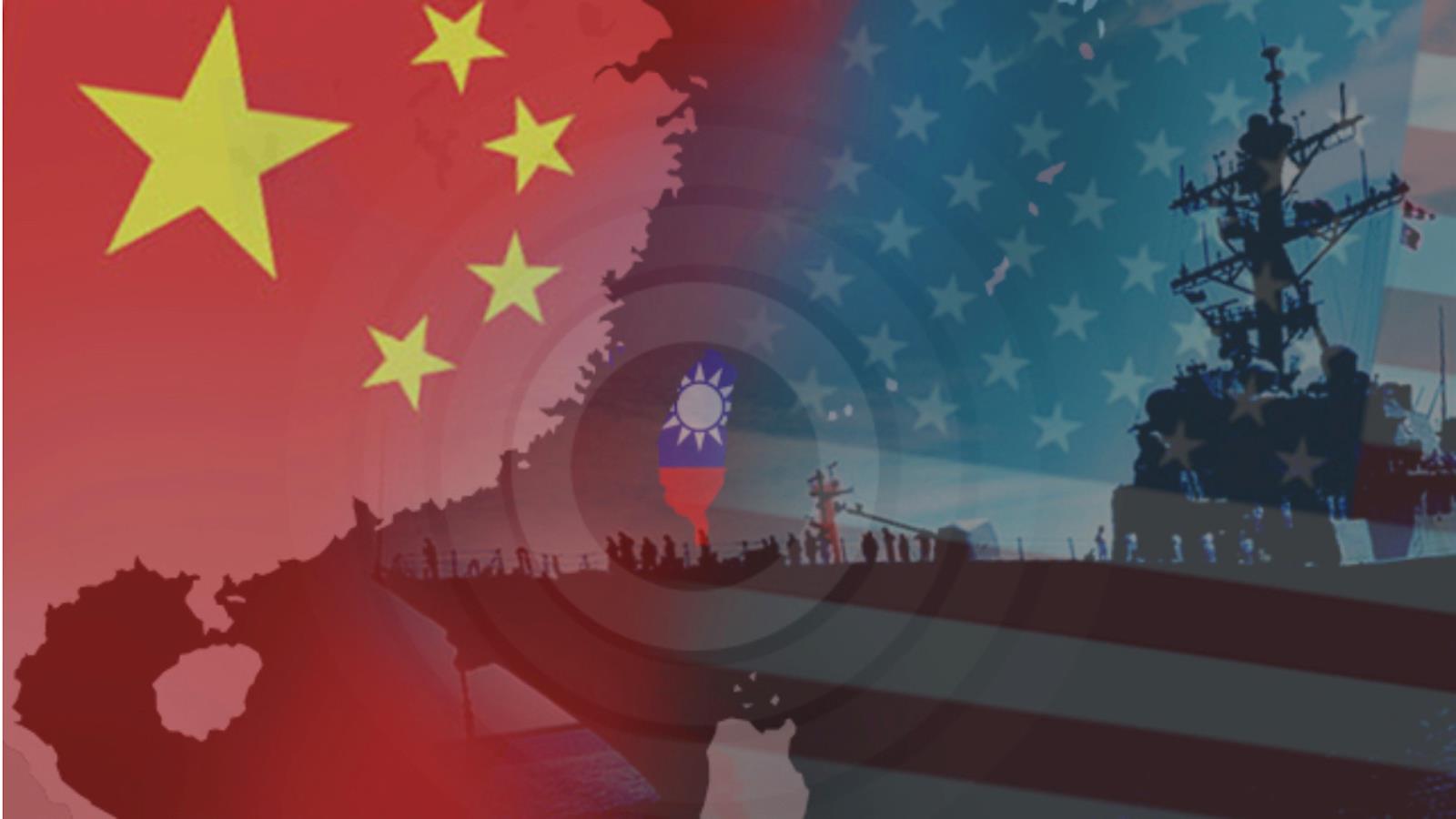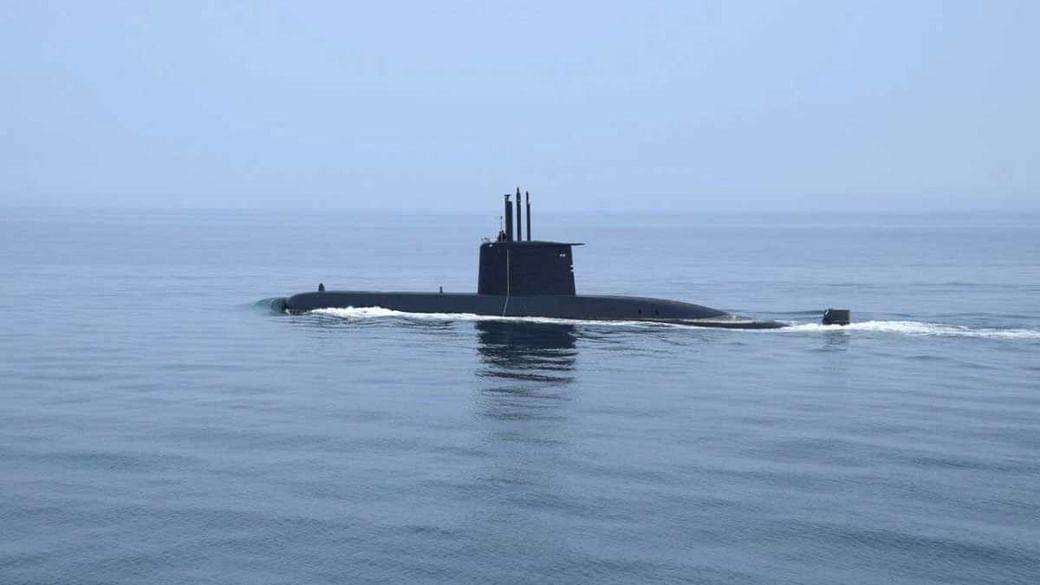
Taiwan's submarine program steers into a minefield
Asia Times publisher and former German naval officer Uwe Parpart followed our in-depth feature on the latest revelations about Taiwan's submarine program with a Q&A on this week's War Drums newsletter. If you are not already a subscriber, please sign up here .
Tensions across the flashpoint Taiwan Strait continue to simmer and bubble. There is alarmist talk of aggression, a spiral of escalation, invasion, Thucydides' Trap, US involvement – and possibly, Armageddon.
Amid these tensions, Taipei has every reason to build up a deterrent force. However, most of the world continues to follow Beijing's One China policy and refuse arms shipments – a situation that is causing Taipei serious headaches as it seeks to make acquisitions on global arms markets.
This has led to a shadowy program, which appears to have been given much more than a wink and a nod by governments far and wide, to supply expertise and technologies to the island as it attempts to build a flotilla of diesel-electric attack submarines.
How feasible is this project industrially, tactically and strategically? Parpart weighs in.
Is a fleet of eight Taiwanese diesel-electric attack boats likely to cause the People's Liberation Army's Navy headaches?
No. For the life of me I can't figure out anything other than them being sitting ducks in shallow waters. The Taiwan Strait is on average about 50 meters deep and all modern anti-submarine warfare systems will detect those subs not much later than after they fire the first shot and likely well before that.
Or maybe they will deploy on the other side of Taiwan, the Pacific-facing side, to defend against Chinese submarines that would be deployed in order to deny access by larger surface units, resupply units and so on. But there, the capabilities on the Chinese side are overwhelming. It would be a suicide mission. Given their Japanese colonial history, maybe the Taiwanese are in for suicide missions …?
When are Taipei's vessels likely to become operational?
The first construction activity was in November last year. It will take 3-4 years before they can launch and complete sea tests. Submarines are pretty complex entities. Nothing in the current experience of the Republic of China Navy prepares them for it. And when it comes to support systems – in particular integration with other systems, such as air forces – this is going to take a long time.

The Covid-19 crisis has seemingly changed strategic dynamics to China's advantage in the South China Sea. Image: Facebook
Taiwan has plentiful high-tech industrial chops. Surely, non-nuclear submarines are within its capabilities?
Can the Taiwanese build a ship? Yeah, sure. But a submarine has to be a coherent design from the get-go. You have to know what the mission is, then design a boat capable of fulfilling that. You can't shop around for bits and pieces and try to fit it together the way my children put subs together with Lego blocks.
Critical issues are propulsion, weapons systems and defensive systems. Those have to be integrated. You can't get one from the US, one from Italy and one from Korea, say. I don't think it is not doable – but it's going to take time and be difficult. And it ends up creating another illusion of the potential for a conventional defense of Taiwan.
But many would argue that Taiwanese weapons deter Chinese adventurism. What say you?
If a major conflict breaks out over Taiwan, the only way it is not going to end up with a quick mainland victory is if there is an escalation to nuclear. That has nothing to do with Taiwan, but to do with those who propose to defend Taiwan – primarily the US. Some US allies have talked about it, most recently officials of the new government of Japan, but I have not seen any significant steps from Japan, and do not expect any significant steps. Other allies are not relevant in this context.
So what is your key takeaway?
This kind of program does not add to the defensive capability of Taiwan. It could exacerbate tensions and create a situation in which people think that a conventional defense is possible and take greater risks. China and the US should strive to maintain the status quo.
That should be made explicit between the US and others, and between Taiwan and China. Let us lay down some ground rules, and let time decide what is going to happen in mainland China-Taiwan relations.
For a free subscription to Asia Times' weekly“War Drums” newsletter, please click here.

Legal Disclaimer:
MENAFN provides the
information “as is” without warranty of any kind. We do not accept
any responsibility or liability for the accuracy, content, images,
videos, licenses, completeness, legality, or reliability of the information
contained in this article. If you have any complaints or copyright
issues related to this article, kindly contact the provider above.

















Comments
No comment